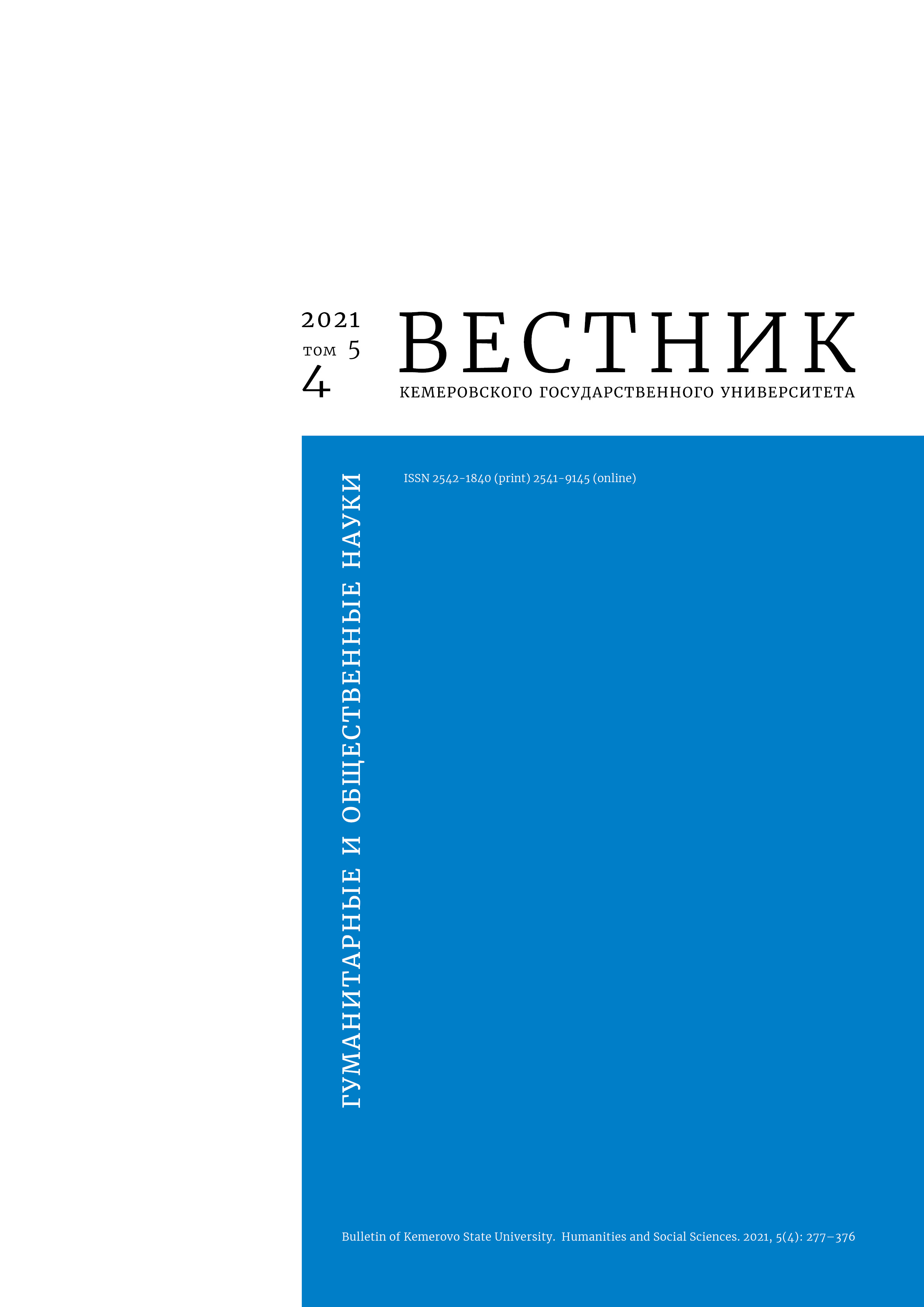Krasnoyarsk, Russian Federation
The present research featured the content of complexity in philosophical contexts in the aspects of its validity, consistency, and compliance with the pragmatics of philosophical comprehension of reality. The article considers both explicit and implicit attempts to define complexity as a philosophical concept. The author addressed the validity of using the term complexity in a philosophical context by standardizing its meaning, i.e. building a pattern in accordance with the basic linguistic denotations of this concept. A review of its ontological and epistemological use made it possible to identify some cases of redundancy, unreasonableness, and semantic shift. The article introduces some possible ways of using the concept of complexity. The limited implementation of its epistemic function makes it possible to establish the boundaries of its applicability. The concept of complexity is important for metaphysics; however, such ideas as "metaphysics of complexity", "ontology of complexity", or "epistemology of complexity" have no ground. The article also provides a comparative analysis of the concept of complexity in specific scientific and philosophical contexts. Based on the revealed discrepancies in its interpretation, the author speculates whether the so-called philosophy of complexity can act as a context for understanding the philosophical problems of complexity science with its ambiguous nature.
definition, metaphysics, complexity science, uncertainty, knowledge, validity
1. Chernikova I. V. Ontology and epistemology of complexity. Humanitarian Vector, 2013, (2): 91-97. (In Russ.)
2. Opolev P. V. In search of complexity philosophy. The Science of Person: Humanitarian Researches, 2013, (4): 102-110. (In Russ.)
3. Knyazeva H. N. The cognitive complexity. Philosophy of Science, 2013, 18(1): 81-94. (In Russ.)
4. João R. B. Corporeality and epistemology of complexity: through an experiental educational practice. Educação e Pesquisa, 2019, 45. https://doi.org/10.1590/s1678-4634201945193169
5. Montuori A. Creativity and complexity in times of crisis. Communications, 2014, (95): 179-198. https://doi.org/10.3917/commu.095.0179
6. Opolev P. V. Problems of determining anthropocultural complexity. Gumanitarnyy vestnik, 2018, (10). (In Russ.) https://doi.org/10.18698/2306-8477-2018-10-561
7. Woermann M. Bridging complexity and post-structuralism: insights and implications. Springer International Publishing, 2016, 216.
8. Woermann M., Cilliers P. The ethics of complexity and the complexity of ethics. South African Journal of Philosophy, 2012, 31(2): 447-463. https://doi.org/10.1080/02580136.2012.10751787
9. Leonov A. M. Prolegomeny to philosophy of complexity. Vestnik Tomskogo gosudarstvennogo universiteta, 2004, (282): 55-59. (In Russ.)
10. Voytsekhovich V. E. Complexity problem in postnonclassical science. Theory and Practice of Social Development, 2012, (4): 17-19. (In Russ.)
11. Cherepanov S. K. Philosophy and science: the strategy of confrontation. Philosophy of Science, 2017, (3): 17-30. (In Russ.) https://doi.org/10.15372/PS20170302
12. Bocheński J. M. Philosophy. An introduction. Dordrecht: D. Reidel, 1963, 112.
13. Morin E. Method. The nature of nature, 2nd ed. Moscow: Kanon+, 2013, 488. (In Russ.)
14. Simon H. The sciences of the artificial, 3rd ed. Moscow: URSS, 2009, 144. (In Russ.)
15. Kirschenmann P. P. Information and reflection. On some problems of cybernetics and how contemporary dialectical materialism copes with them. Dordrecht: D. Reidel, 1970, 240.
16. Nigmatullin R. G. The complexity of Boolean functions. Moscow: Nauka, 1991, 240. (In Russ.)
17. Weyl H. The mathematical way of thinking. Moscow: Nauka, 1989, 400. (In Russ.)
18. Balthazar N. Metaphysics of the Louvain School. Baltazar N., Debolsky N. G., Yakovenko B. V. Metaphysics at the cusp of the eras: Louvain School. Thomas Hill Green. Josiah Royce, stereotype ed. Moscow: LKI, 2020, 1-46. (In Russ.)
19. Russell B. Selected works. Novosibirsk: Sib. univ. izd-vo, 2009, 257. (In Russ.)
20. Mamchur E. A., Ovchinnikov N. F., Uemov A. I. The principle of simplicity and measures of complexity. Moscow: Nauka, 1989, 304. (In Russ.)
21. Cilliers P. Complexity and postmodernism. London-N. Y.: Routledge, 1998, 176.
22. Mitchell M. Complexity: a guided tour. Oxford: Oxford University Press, 2011, 368.


















